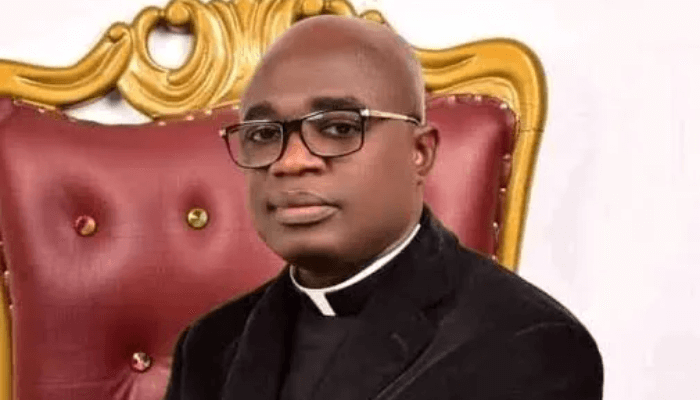Outcry as Benue Government Blocks Peter Obi’s Humanitarian Outreach
Former presidential candidate and Labour Party leader, Mr. Peter Obi, has raised the alarm over what appears to be a calculated effort by the Benue State Government to obstruct his humanitarian outreach in the state, an incident now sparking outrage and debate across political and civic circles.
The Benue State Government on Monday issued a surprise public statement warning against any high-profile visits to the state without prior approval, effectively halting the planned humanitarian trip of former presidential candidate, Peter Obi.
Obi, who was en route to Makurdi on Monday for a scheduled visit to displaced persons’ camps and a nursing school in Gboko, was met with a shocking development: a public statement — allegedly from the state government — abruptly cancelling his visit while he was already on the road.
In a post on his verified X (formerly Twitter) handle, Obi revealed that he had shared his itinerary only with security personnel and the Aide-De-Camp (ADC) to Governor Hyacinth Alia. Despite assurances that the governor would return his call, Obi said he received no response until the sudden release appeared in the media, effectively barring his entry.
“I was handed the press statement while already on the road. The details in it were clearly sourced from the private itinerary I shared with the governor’s ADC and the security agencies. That alone speaks volumes,” Obi wrote.
The development has left many asking why a humanitarian visit — with no political overtones — would be treated with such hostility.
“I am not campaigning. I am not grandstanding. I am simply continuing what I have always done: offering help to communities in need, regardless of region or politics,” Obi emphasized.
His planned visit mirrored his recent stop in Bokkos, Plateau State, where he donated N7.5 million to IDPs and spent time with displaced children. That visit went without incident — raising questions about why Benue authorities responded so differently.
Civil society groups and observers have condemned the move, warning that it sets a dangerous precedent for politicizing humanitarian work.
“What message are we sending as a nation when compassion becomes a political threat? This goes beyond Obi — it’s about the kind of leadership culture we’re enabling,” said a representative of a humanitarian NGO active in the Middle Belt.
While Obi stressed that he holds Governor Alia in high regard, referring to him as “a Reverend Father I respect”, he noted with concern that this wasn’t an isolated case. “This pattern of obstruction is disturbing. We must not normalize it,” he warned.
In a notice signed by the Governor’s Chief Press Secretary, Sir Tersoo Kula, the government declared that Governor Rev. Fr. Hyacinth Alia was not expecting any “August visitor” and is currently involved in high-level meetings addressing pressing state matters.
The statement warned that “any group or high-profile individual(s)” seeking to enter the state for visits that may attract public or political gatherings must reconsider, adding that the safety of such visitors cannot be guaranteed.
This announcement came just hours after Mr. Obi revealed that his security detail intercepted the government’s press release while he was en route from Jos to Makurdi for a scheduled visit to an IDP camp and a nursing school in Gboko. Obi also stated that he had tried to reach the Governor and had earlier informed his aides and the state security services about his itinerary.
According to the Benue State Government, all visits to IDP camps in the state require written permission from the Benue State Emergency Management Agency (BSEMA), a policy that appeared to have been activated abruptly in Obi’s case.
The Governor’s office called on security operatives and the public to enforce the advisory, urging everyone to help maintain peace and order across the state.
The sudden restriction has triggered mixed reactions, with critics saying it sends the wrong message amid a national crisis of displacement and insecurity, while supporters argue it reinforces the need for coordinated and depoliticized engagement with sensitive communities.
Mr. Obi has since returned to Abuja, expressing disappointment but reiterating his commitment to humanitarian service and the vision of a new Nigeria.
As Nigerians weigh in, many are calling for clearer boundaries between governance and politics, urging leaders to rise above partisanship when it comes to acts of public good.
Obi concluded his statement with a call to conscience:
“Let us not politicize kindness. Let us not block compassion. A new Nigeria is still Possible, but only if we choose empathy over ego.”

